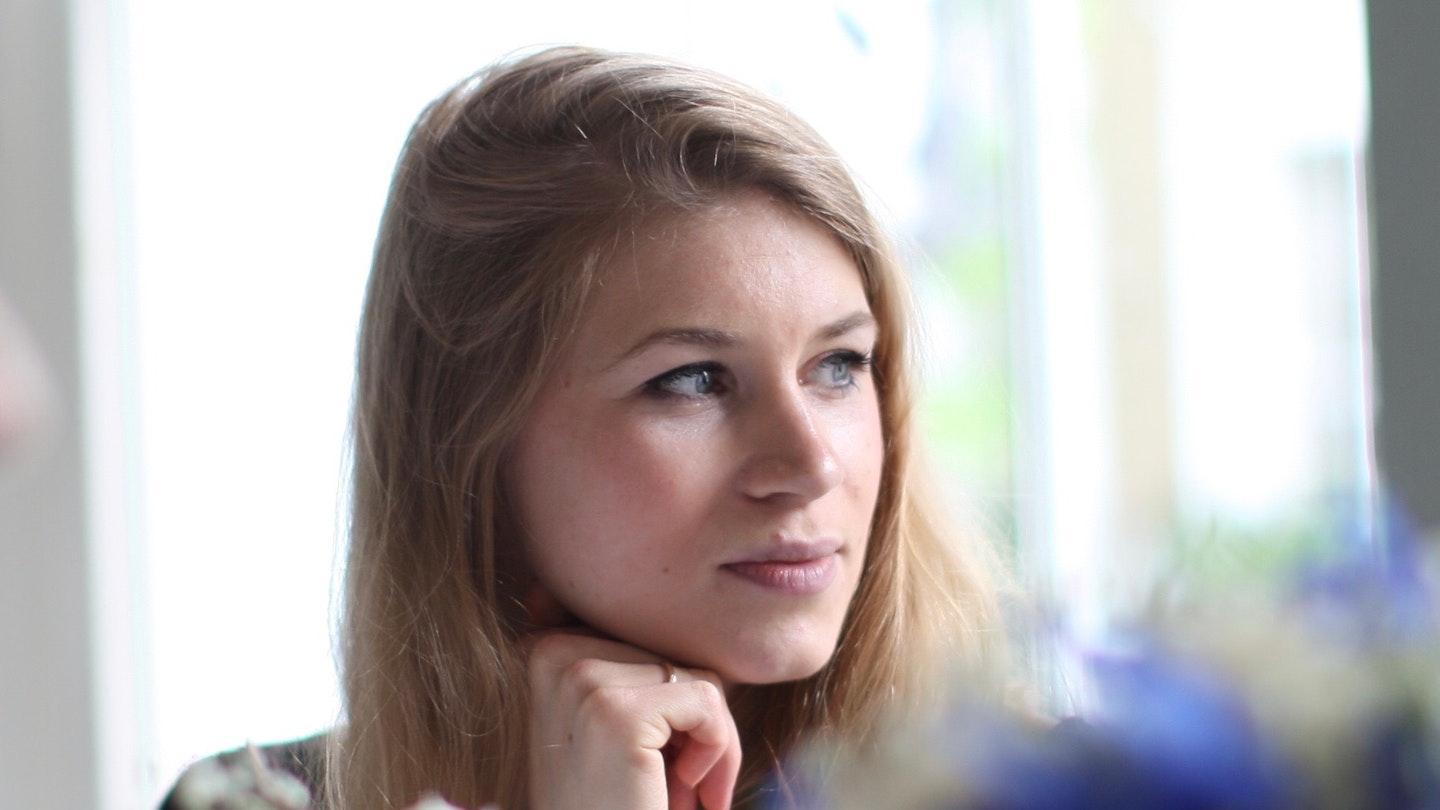‘She was just walking home.’ It’s a phrase we're all too familiar with and one that, in the three years since Sarah Everard’s abduction, rape and murder by off-duty Metropolitan police officer Wayne Couzens, is sadly more relevant than ever.
A new documentary, Sarah Everard: The Search for Justice, which aired last night on BBC One, is a harrowing examination of Sarah’s case and the national outpouring of grief and rage that followed - particularly towards the Metropolitan Police. This anger is still ongoing.
The documentary comes just days after The Angiolini Inquiry concluded that Couzens should never have been a police officer after he allegedly committed a serious sexual assault against a child before joining the force, and that police ‘repeatedly failed’ to spot warning signs about him.
The documentary, which was made in close collaboration with Everard’s family, is sensitively told. We hear from those closest to the case, including Detective Chief Inspector Katherine Goodwin, the officer who led the investigation into Sarah's murder, Tom Little, the Prosecuting Barrister and Bell Ribeiro-Addy, Sarah’s MP**.** We learn harrowing new details about the case: how Couzens' face ‘went grey’ when a team of officers turned up at his door, and how he booked a vet appointment for his dog as he was burning her body.
But perhaps one of the most chilling moments for women is the way we retrace Sarah’s final steps with her. Through CCTV and dashcam footage, we see Sarah, dressed in the recognisable blue anorak, patterned leggings, and white hat, buy a bottle of wine from Sainsbury’s in Clapham and begin the well-lit walk home to Brixton Hill, before the devastating moment she is lured into Couzens' hire vehicle. After this, he drove the 80-miles to Kent, where he raped and murdered her. He is currently serving a whole life sentence for these crimes.
When you see the grainy footage of Sarah standing next to the car, the hazard lights ominously flashing, it’s hard not to recall her mother’s heart-breaking victim statement she read in court in 2021. In it, she shared how she silently screams ‘Don't get in the car, Sarah. Don't believe him. Run!’ every evening at the time of her abduction. The fear Sarah must have experienced on that night is unimaginable.
All this reminds women of the fact that Sarah could have been any of us. And, three years on, this sentiment is still widely felt. Even more chillingly, Tom Little KC says in the documentary that he actually believes incidents of violence against women and girls are increasing.
‘I don’t think the incidences of violence against women and girls is reducing or decreasing in any way. In fact, it would appear to me that it’s getting worse,’ he says.
Several conversations with female friends over the past months have indicated that we all feel more unsafe than ever at night. Just two weeks ago, on a Sunday night at 7pm, a friend got harassed by a man on the street right outside her front door. She was just trying to walk to an event in time, but ended up being so shaken that she had to wait inside for an Uber. Another says she feels increasingly unsafe while out in central London, adding that ‘she’s glad her dog barks.’
And the numbers speak for themselves. Later that year, sisters Nicole Smallman and Bibaa Henry were murdered in a London park. Shockingly, a pair of Metropolitan police officers were jailed after taking pictures of their bodies and sharing them on WhatsApp, after they were sent to guard the scene.
Also that year, 28-year-old Sabina Nessa was murdered in south east London as she walked to meet a friend. In 2022, 138 women were killed by men in the UK or a man was the chief suspect. In the same year in England and Wales, an estimated 798,000 women experienced sexual assault and more than 100,000 were raped or were a victim of attempted rape.
The documentary also sheds light on the wave of shocking accusations about police abuse sparked by Sarah’s death. Following the arrest and announcement of PC David Carrick, who admitted dozens of rapes and sexual offences against 12 women, 800 Met Police officers were being investigated, facing sexual and domestic abuse claims and other accusations of potential Met Police misconduct in 2023. It’s little wonder that a 2023 survey from YouGov found that 44% of women don’t trust individual police officers, while 51% of women don’t trust London’s Met Police at all.
Following the Angiolini Inquiry, the Met commissioner, Sir Mark Rowley, said: 'Wayne Couzens’ crimes were horrific. The fact that he abused his position as a Metropolitan police officer to carry them out represents the most appalling betrayal of trust. It damages the relationship between the public and the police and exposes longstanding fundamental flaws in the way we decide who is fit to be a police officer and the way we pursue those who corrupt our integrity once they get in.'
So what's being done? Last year, the first ever Violence Against Woman (VAWG) document placed such offences on the same footing as terrorism and serious organised crime. And this week, Rowley warned that tackling violence against women and girls needs the same level of funding as terrorism policing or organised crime, as he faces questions over the police recruitment of Couzens.
But, until this becomes a reality, the fear of Sarah Everard's case will never leave women. We still walk the streets checking over our shoulder. We still, without thinking, say 'text me when you get home safe' when saying goodbye to friends. And we are still haunted by the fact that we could have got into that car.
Sarah Everard: The Search For Justice is on BBC iPlayer
